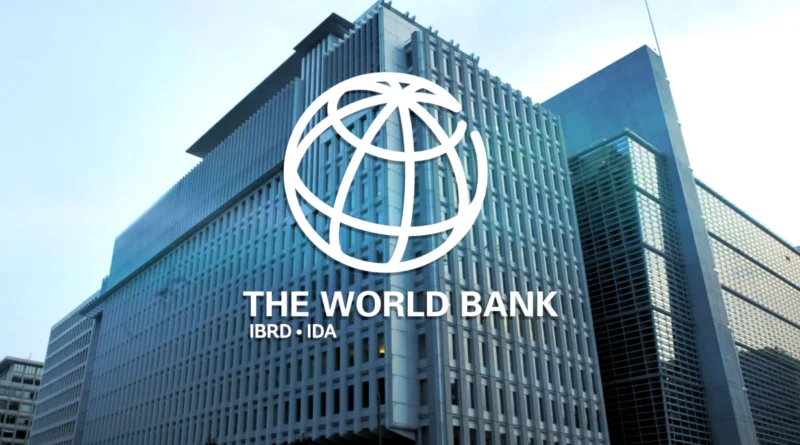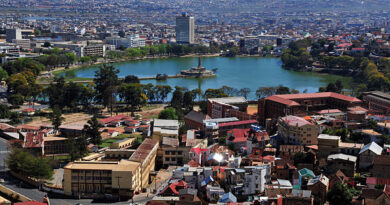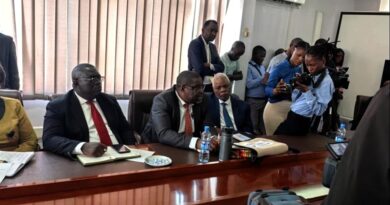World Bank Grants $270 Million to Enhance Transport and Trade Connectivity Between Zambia and Tanzania
The World Bank has announced a significant initiative aimed at bolstering development and trade by supporting enhancements in transport and trade connectivity along the Dar es Salaam Corridor between Zambia and Tanzania.
The six-year Transport Corridors for Economic Resilience (TRACER) project, backed by a $270 million International Development Association (IDA) grant, is geared towards enhancing the efficiency, connectivity, and climate resilience of key regional transport and trade corridors in Eastern and Southern Africa.
Achim Fock, the Country Manager for Zambia, highlighted the importance of TRACER, stating, “TRACER is a significant commitment to regional trade and transportation. By focusing on strategic improvements and climate resilience, we hope this will pave the way for a more robust and sustainable economic future for Zambia and its neighbors.”
The project is expected to directly benefit 500,000 individuals within Zambia and an additional 2,000,000 people indirectly, totaling 2,500,000 beneficiaries. Its impact extends beyond national borders, positively influencing communities in Tanzania, the Democratic Republic of Congo, and Malawi.
Key components of the project include the rehabilitation of the Serenje-Mpika section of the corridor, the establishment of a One Stop Border Post (OSBP) at Nakonde, and the transformation of the existing corridor into a Safety, Mobility, Automated, Real-time Traffic Management (SMART) corridor.
Additionally, TRACER aims to address challenges such as inadequate trade and transport facilitation systems, deficient infrastructure links, and inefficiencies in transport and logistics.
Aymen Ahmed Osman Ali, World Bank Senior Transport Specialist and project team leader, emphasized the project’s broader implications, stating, “TRACER is not just about infrastructure; it’s about people. From cargo owners to local communities, the ripple effects of improved transport corridors will be felt across the region, driving development and facilitating trade in unprecedented ways.”



